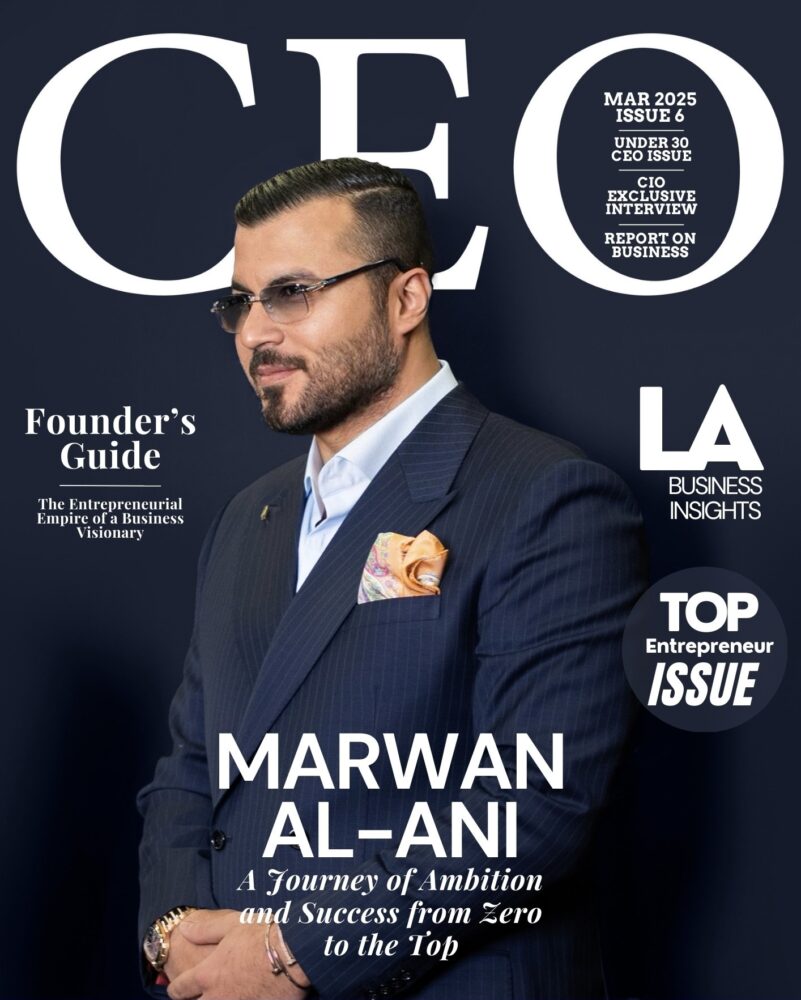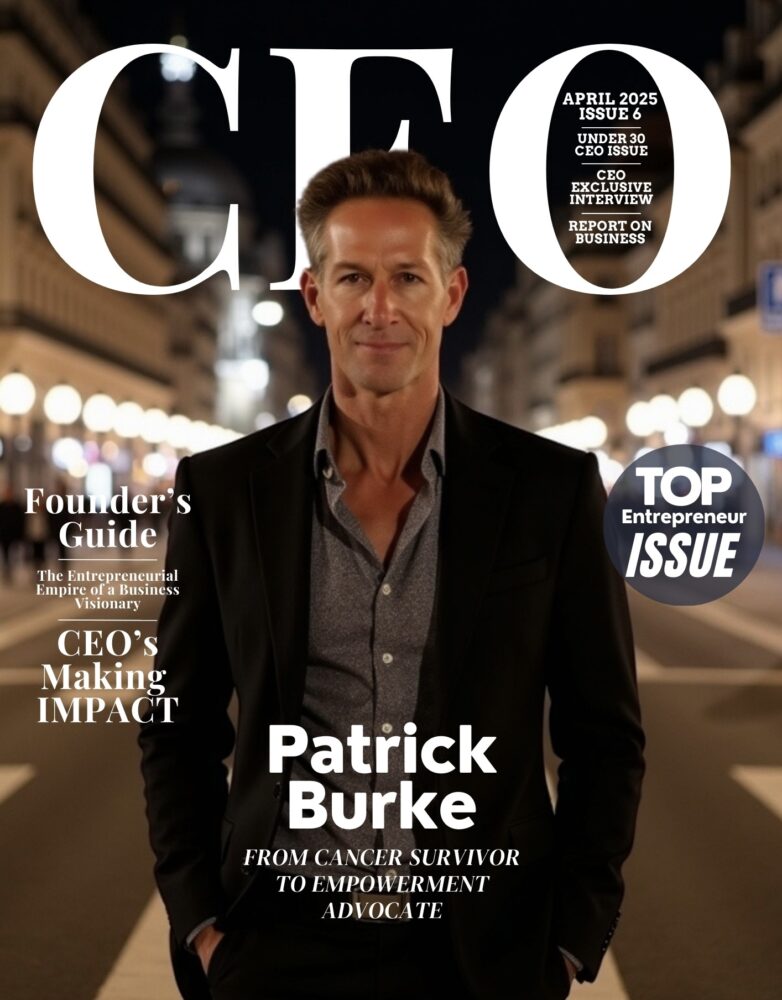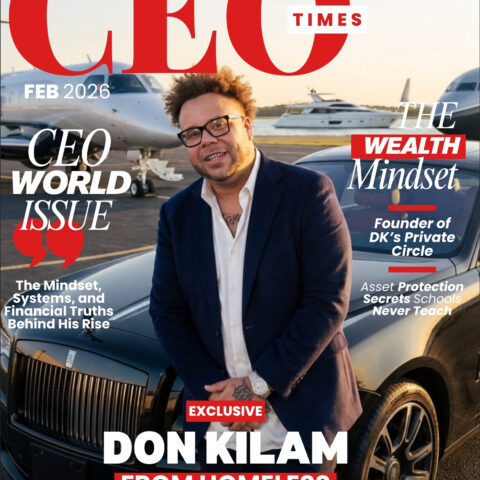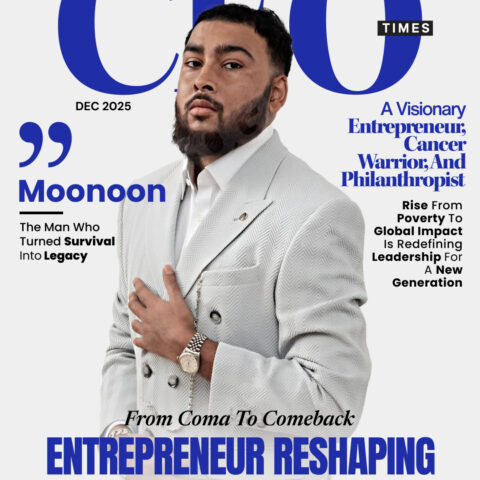Entrepreneurship and executive leadership often come with tough lessons learned the hard way. In his new book, “Don’t Do This: A Guide to Business Survival,” seasoned entrepreneur Furkat Kasimov openly addresses business mistakes through nearly 150 real-world mini case studies. CEO Times sits down with Kasimov to explore how executives can identify and navigate common business pitfalls.
CEO Times: Furkat, you’ve had a distinguished entrepreneurial career. Can you share a defining moment that taught you the importance of learning from mistakes?
Furkat Kasimov: Absolutely. Early in my entrepreneurial journey, I underestimated the importance of customer feedback in product development. Assuming we understood market needs, we rushed ahead with significant investments without adequate validation. The resulting setback was both costly and humbling. That moment taught me the essential value of humility and listening carefully—lessons I’ve carried throughout my career and share in my book.
CEO Times: Your book highlights 146 business mistakes. As a CEO, which mistakes do you believe executives often overlook?
Kasimov: Many CEOs underestimate the impact of poor hiring and ineffective communication. Leadership teams sometimes prioritize technical competencies while overlooking culture fit or communication abilities. Such oversights can breed dysfunction, lower morale, and reduce organizational effectiveness. In “Don’t Do This,” several case studies illustrate precisely how costly these missteps can be.
CEO Times: How can CEOs foster a culture within their organizations that genuinely learns from mistakes rather than fearing them?
Kasimov: The key lies in leadership transparency. CEOs must openly acknowledge their own errors to create an environment where mistakes are viewed constructively. Celebrating thoughtful risk-taking—even when it doesn’t yield immediate success—builds trust and fosters innovation. Regularly discussing lessons learned from mistakes ensures that organizational growth becomes a collective journey.
CEO Times: Can you share a specific case from your book that particularly resonated with you personally?
Kasimov: Certainly. One case involved a promising company whose CEO disregarded early warning signs about market shifts. Despite clear indicators, the leadership team maintained a rigid strategy, ultimately leading to significant losses and downsizing. The lesson here was about flexibility: CEOs must continuously adapt and remain vigilant to industry changes, regardless of past successes.
CEO Times: What advice would you give to CEOs looking to balance rapid growth with prudent risk management?
Kasimov: Growth and risk management aren’t mutually exclusive. CEOs should prioritize building a robust foundation—systems, processes, and capable teams—that scales efficiently with growth. Prudent risk management involves continuous scenario planning, clear contingency strategies, and a disciplined approach to experimentation. Remember, calculated risks propel growth, while unchecked risks can lead to downfall.
CEO Times: Your entrepreneurial successes have often involved innovative uses of technology. How do you foresee technology, especially artificial intelligence, reshaping executive leadership?
Kasimov: AI is transforming leadership by automating routine tasks and empowering executives to make better strategic decisions through enhanced data analytics. I foresee future CEOs leveraging AI assistants to manage operations efficiently, streamline decision-making, and rapidly adjust strategies. This technological evolution will redefine leadership skills, placing greater emphasis on creativity, emotional intelligence, and strategic foresight.
CEO Times: What’s your secret to continued motivation and high performance as a CEO and entrepreneur?
Kasimov: Continuous curiosity and a commitment to lifelong learning fuel my motivation. I’m always eager to understand new technologies, industry trends, and leadership strategies. Staying intellectually engaged and emotionally invested in my team’s growth keeps me energized and passionate about the future.
CEO Times: Any final thoughts or key takeaways for CEOs navigating today’s complex business environment?
Kasimov: Embrace humility, adaptability, and continuous learning. Stay attuned to both market signals and internal dynamics. Remember, making mistakes is inevitable, but repeating them isn’t. By learning proactively—especially from the experiences of others—you position your organization for sustainable success. Ultimately, successful CEOs aren’t those who never stumble; they’re the ones who learn fastest from their stumbles.

















